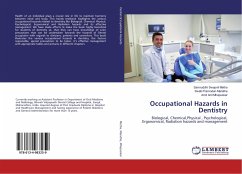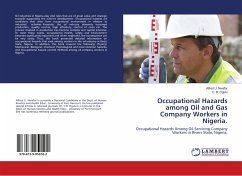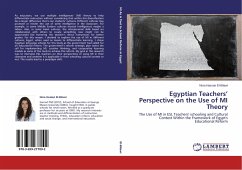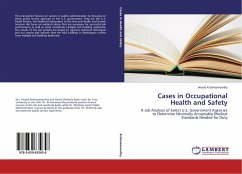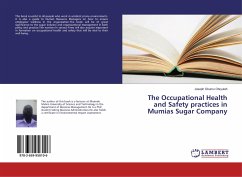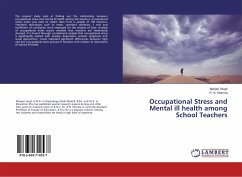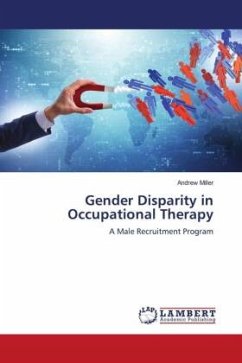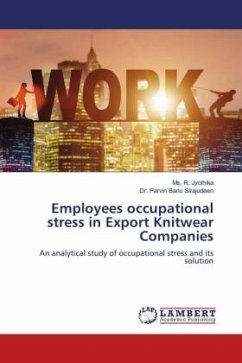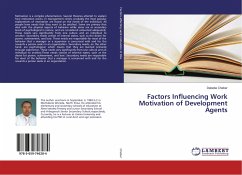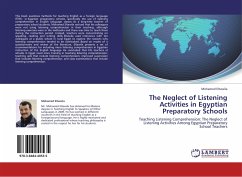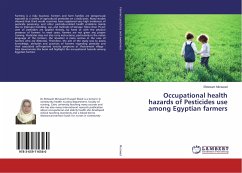
Occupational health hazards of Pesticides use among Egyptian farmers
Versandkostenfrei!
Versandfertig in 6-10 Tagen
43,99 €
inkl. MwSt.

PAYBACK Punkte
22 °P sammeln!
Farming is a risky business. Farmers and farm families are dangerously exposed to a variety of agricultural pesticides on a daily basis. Many studies showed that third world countries have registered very high incidences of pesticide poisoning, and other pesticide-related health problems mainly due to improper handling, use, and methods of storage. More than 75 per cent of pesticides are applied directly, by hand or with the physical presence of farmers. In most cases, farmers are not given any proper training. Pesticides may not also carry instructions, particularly in the native language of ...
Farming is a risky business. Farmers and farm families are dangerously exposed to a variety of agricultural pesticides on a daily basis. Many studies showed that third world countries have registered very high incidences of pesticide poisoning, and other pesticide-related health problems mainly due to improper handling, use, and methods of storage. More than 75 per cent of pesticides are applied directly, by hand or with the physical presence of farmers. In most cases, farmers are not given any proper training. Pesticides may not also carry instructions, particularly in the native language of the farmers, the situation is more serious in the case of farmers who are illiterates. Therefore, the aim of the study was to assess knowledge, attitudes and practices of farmers regarding pesticide and their associated self-reported toxicity symptoms at Shubramant village - Giza Governorate.this book will highlight the occupational hazards among Egyptian farmers



